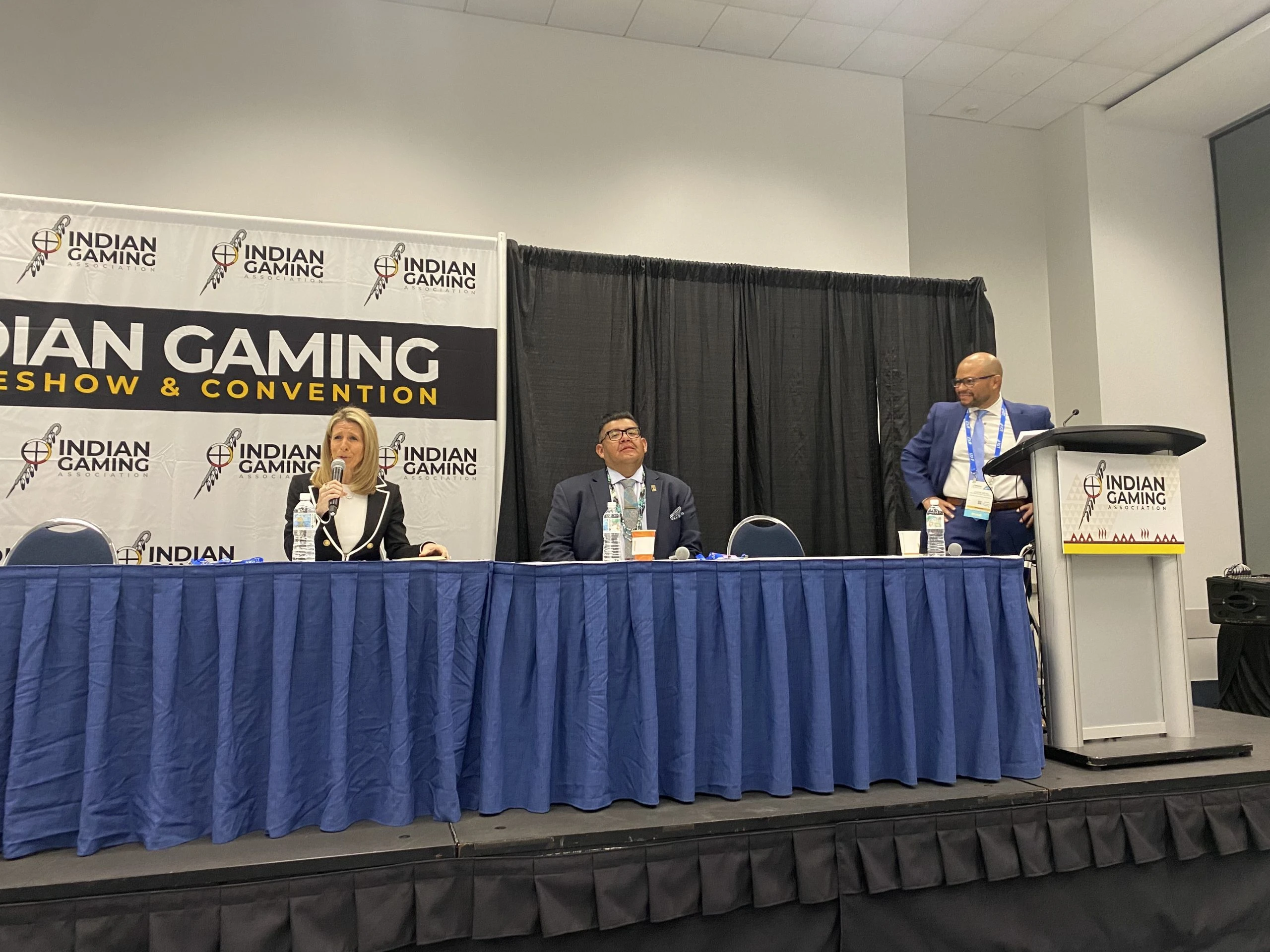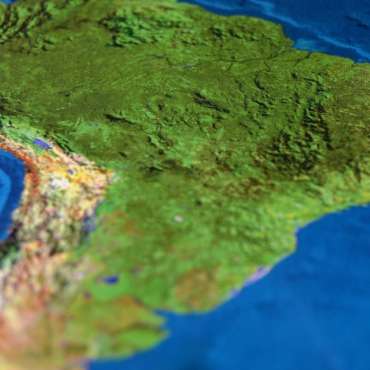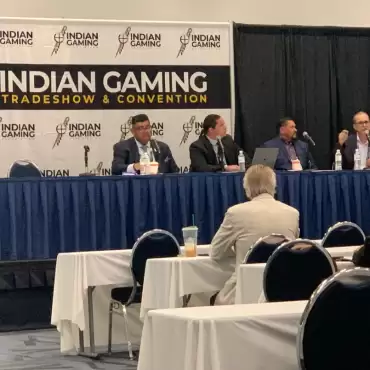FanDuel CEO Amy Howe extended an olive branch to California tribes in a panel discussion Tuesday (9 April ) morning at the Indian Gaming Tradeshow & Convention, acknowledging that any future of California sports betting will be done “with and through” tribal operators.
Howe was joined onstage by CNIGA chairman James Siva as well as Jacob Mejia, director of public affairs for Pechanga Development Corporation, both of whom lauded the CEO for being willing to engage in such discussion after the two sides’ previous vitriol.
FanDuel, DraftKings and other commercial operators burned hundreds of millions in 2022 by lobbying for and promoting Proposition 27, an initiative that would have legalised online sports betting in California but was soundly rejected by state voters.
Tribes did offer their own initiative – Proposition 26 – that was also rejected by voters, however tribal leaders have maintained that the overall goal was to oppose and defeat Proposition 27 rather than promote and pass Proposition 26.
Now, as Mejia noted on Tuesday, 2026 is the earliest that sports betting could come to the Golden State, which gives both sides time to mend fences and formulate a united approach.
Offering perspectives
Tribal sovereignty and exclusivity in California were key themes of the 30-minute discussion, with Howe giving her personal definitions for each.
She posited that sovereignty is “the inherent authority for tribes to govern themselves” and was candid in admitting that the company’s previous attempts to legalise betting in the state without tribal support were “well-intended but misguided and ill-informed”.
In a light-hearted and contrite moment, she held up the notebook of Frank Sizemore, the former vice-president of strategic operations for the San Manuel Band of Mission Indians who was hired by FanDuel in January, which featured a big “NO ON 27” sticker on the cover.
In addition to Sizemore, the company has also hired former San Manuel COO Rikki Tanenbaum as well as Sequoyah Simermeyer, who resigned as chairman of the National Indian Gaming Commission in late February, to help understand the nuances of the tribal industry.
Siva was resolute throughout the entirety of the discussion that “tribes will remain the sole operators in California”, noting that CNIGA discussions around sports betting started as early as 2019.
He did concede, however, that expansion is inevitable – it’s just a matter of forming a unified front to get to that point.
“We have the destination, now we’re just carving the path,” Siva said.
Future plans contingent on tribes’ consent
When asked about the future, Howe agreed that no future ballot measure will succeed without broad tribal consensus, citing recent polling data that indicates voter sentiment has not changed much since the 2022 vote.
California, she said, will be different from any other of the 20-plus jurisdictions FanDuel operates in, given the massive revenue potential as well as the unique tribal influence.
Howe also talked about the fact that tribes are already losing potential revenue because of black market sites that have operated in the market for years, if not decades.
To finish the discussion, Siva offered a blunt message to FanDuel and all other commercial bookmakers: “Get out of our way – we know what we are doing, be patient and listen to the tribes. ”





